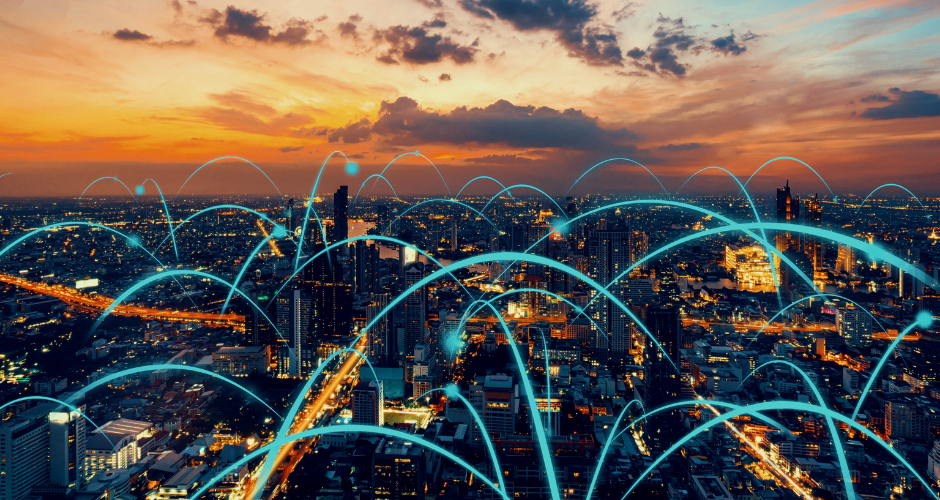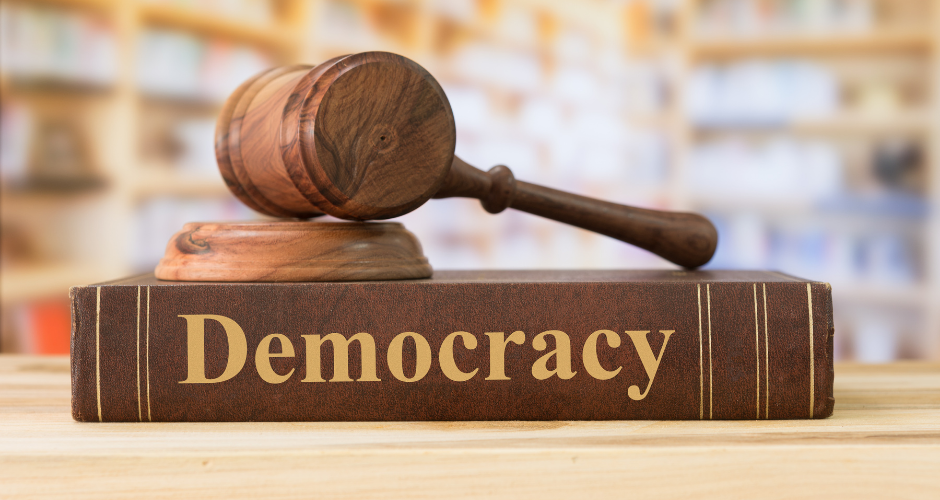Unveiling the Role of Social Media in Shaping Indian Politics

In the contemporary landscape of Indian politics, the influence of social media has emerged as a potent force, fundamentally transforming the dynamics of political discourse, campaigning, and public engagement. As one of the world’s largest democracies, India has witnessed a paradigm shift in how political narratives are crafted, disseminated, and perceived, owing to the unprecedented reach and impact of various social media platforms. With the advent of this digital revolution, the socio-political fabric of the nation has been intricately woven into the digital realm, opening up new avenues for political expression and participation.
The Power of Digital Connectivity:
Social media, with its expansive outreach, has effectively bridged the gap between political leaders and the masses, fostering an environment conducive to direct communication and interaction. Platforms such as Twitter, Facebook, and Instagram have provided politicians with a direct channel to engage with citizens, addressing concerns, sharing their vision, and rallying support for their initiatives. This direct interface has proven instrumental in fostering a sense of political inclusivity and transparency, enabling citizens to actively participate in the political discourse and voice their opinions on critical issues.

Political Campaigning Reinvented:
The traditional modes of political campaigning have been revolutionized by social media, transcending geographical boundaries and conventional limitations. Political parties and candidates have leveraged the power of digital marketing strategies, utilizing targeted advertisements, viral campaigns, and engaging content to appeal to diverse segments of the population. The real-time dissemination of information has amplified the speed and scale of political messaging, enabling political actors to reach a wider audience and garner support through persuasive storytelling and strategic branding.
Echo Chambers and Polarization:
While social media has facilitated unprecedented access to information and diverse perspectives, it has also inadvertently contributed to the creation of echo chambers and ideological polarization. The proliferation of misinformation, fake news, and propaganda on these platforms has led to the manipulation of public opinion, exacerbating societal divisions and fostering an environment of distrust and discord. The rapid dissemination of unverified information has posed significant challenges to the credibility of political discourse, undermining the integrity of public debate and decision-making processes.
Regulatory Challenges and Ethical Concerns:
The rapid evolution of social media’s role in Indian politics has raised pertinent questions regarding regulatory frameworks and ethical standards. The absence of comprehensive regulations governing online political campaigning and the dissemination of content has underscored the need for stringent guidelines to ensure transparency, accountability, and the protection of democratic values. Addressing concerns related to data privacy, information security, and the responsible use of digital platforms has become imperative to safeguard the integrity of the political landscape and protect the rights of citizens.

Shaping the Future of Indian Democracy:
As social media continues to evolve and redefine the contours of Indian politics, it is crucial for stakeholders to recognize the transformative potential of these platforms while advocating for responsible digital citizenship and ethical engagement. Fostering a culture of critical thinking, media literacy, and fact-checking is essential to mitigate the risks associated with the proliferation of misinformation and uphold the principles of democratic governance. Embracing technological advancements and leveraging social media as a tool for civic engagement, empowerment, and inclusive governance can pave the way for a more participatory and responsive political ecosystem in India.
In conclusion, the role of social media in Indian politics is multifaceted, encompassing both the potential for progressive change and the challenges posed by the unregulated digital space. Navigating this complex terrain requires a concerted effort from political leaders, regulatory authorities, and citizens to harness the transformative power of social media while safeguarding the democratic values and integrity of the political process. As India embarks on a digital transformation journey, it is imperative to foster a culture of responsible digital citizenship, ethical engagement, and informed political discourse to shape a more inclusive and participatory democratic future.